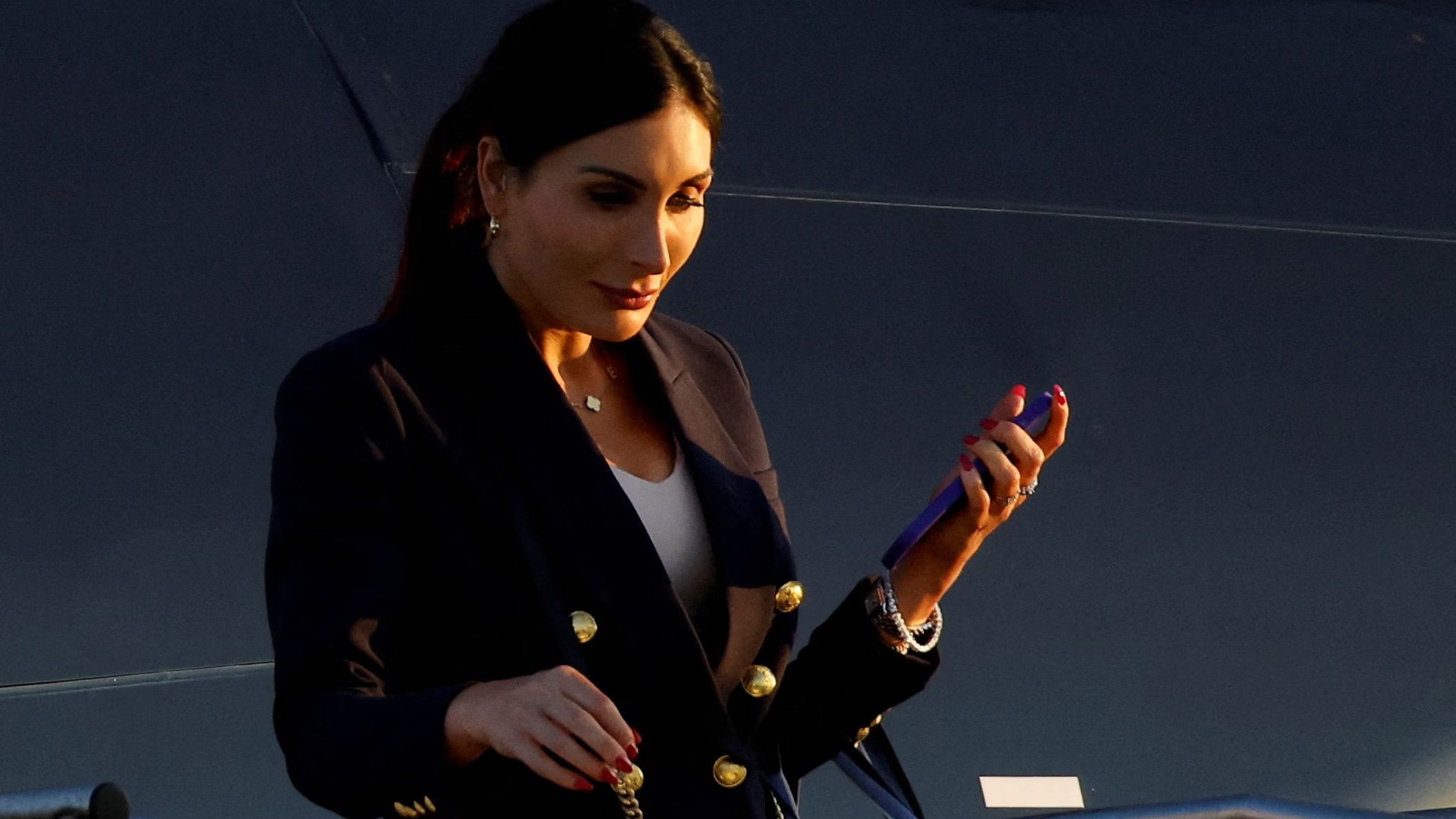
The Supreme Court on Monday declined to consider an appeal filed by Laura Loomer, a prominent far-right influencer and ally of President Donald Trump, who had sued social media companies for removing her from their platforms.
The Lawsuit and Deplatforming Claim
Loomer, who had previously sued X and Meta Platforms (owner of Facebook), filed a new lawsuit alleging that the companies violated civil racketeering laws by deplatforming her. She claimed the bans significantly hampered her ability to campaign while running for Congress in Florida in both 2020 and 2022. Her appeal to the Supreme Court raised legal questions concerning the scope of Section 230, a federal law that grants social media sites immunity from lawsuits related to their content moderation decisions. While this immunity faces criticism from across the political spectrum, the high court has largely avoided addressing the issue directly.
In her written arguments to the Supreme Court, Loomer claimed the decisions to remove her “stifled” her ability to “communicate with voters, raise funds, and compete in federal elections.” Her attorneys stressed that “Social media is critical to campaigns, especially during COVID-19 restrictions that limited traditional campaigning methods like door-to-door canvassing and public events.” They added that Loomer was left with “no social media for any of her campaigns due to social media bans.”
Judicial Outcome and Current Role
Loomer had consistently lost her case in the lower courts. Both X and Meta chose to waive their right to respond to her appeal at the Supreme Court, a clear sign that the companies did not take the challenge seriously. The Supreme Court subsequently declined to hear the appeal, despite the lack of a formal response brief. Having since been reinstated on X, where she has over 1.7 million followers, Loomer has taken on the self-appointed role of “loyalty enforcer,” scrutinizing the backgrounds of various administration officials for any past signs of doubt regarding President Trump. The Supreme Court had a previous chance to make sweeping changes to Section 230 in a pair of cases in 2023 but instead issued narrow decisions that preserved the companies’ ability to avoid lawsuits related to terrorist-related content.
Author’s Opinion
The Supreme Court’s repeated reluctance to engage with challenges to Section 230, even a politically charged one like Loomer’s, signals that the Court is determined to maintain the digital status quo and is highly averse to becoming the ultimate arbiter of content moderation. While critics on both sides argue for reform, the Court’s inaction effectively reinforces the immense power of major social media platforms to shape political discourse without facing direct legal accountability for their content decisions. This avoidance ensures that Section 230 remains the most powerful shield in internet law, prioritizing the stability and functionality of online platforms over the free expression claims of deplatformed individuals.
Featured image credit: Heute
For more stories like it, click the +Follow button at the top of this page to follow us.
